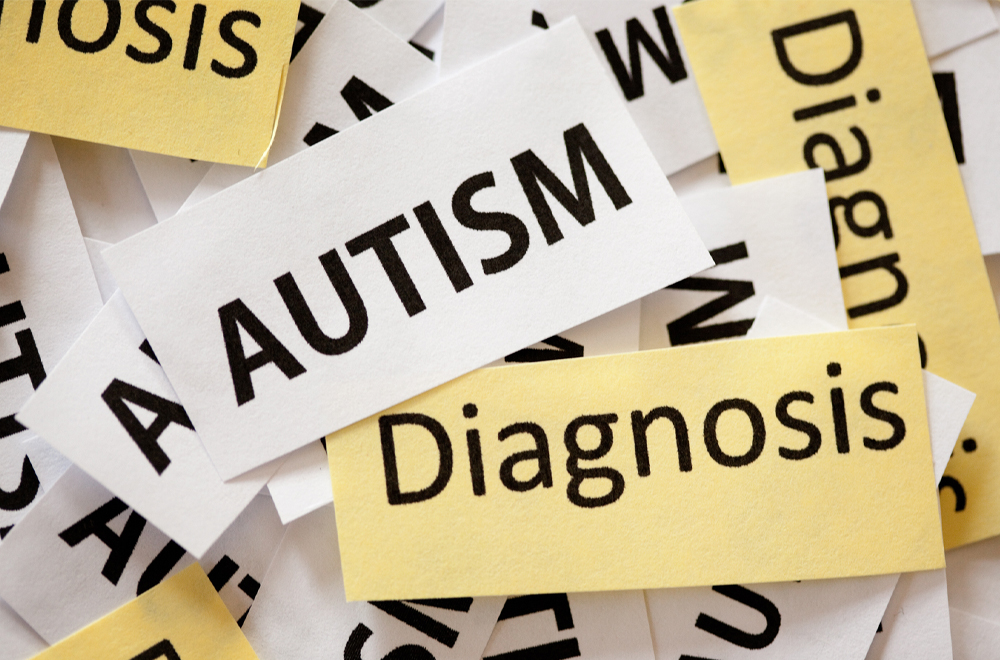A new national survey has revealed wait times for autism diagnoses have skyrocketed for Australian kids.
The Autism Awareness Australia (AAA) survey of more than 1200 parents and carers was conducted in February this year and revealed 32 per cent of families are waiting more than two years for a diagnosis, a 70 per cent increase since 2014.
According to the survey, the number of families receiving a timely assessment in under six months has plummeted to just 26 per cent, a 54 per cent decrease since 2014.
Delays – seen across both the public and private systems – were caused by long wait times to see a GP for a referral to a diagnosis specialist, followed by long wait times to then see the specialist.
“This report lays bare just how dire the challenges are for families of autistic children,” AAA Chief Executive Officer Nicole Rogerson said.
“We’ve seen 10 years of investment in the National Disability Insurance Scheme (NDIS), and yet we’re seeing increasingly worse diagnosis rates. That is simply not good enough.”
She said private assessments could cost families thousands of dollars – a significant outlay during a cost of living crisis.
Mental health concerns
The survey also revealed a staggering 87 per cent of parents and carers are concerned about their child’s mental health and wellbeing during school years.
“If young children face multiple barriers to timely diagnosis, miss out on appropriate early intervention and then struggle to receive the right support at school, is it any wonder that 40 per cent remain unemployed in adulthood and 78 per cent still live at home,” Rogerson said.
More than 85 per cent of parents and carers said ensuring their child gets the support they need at school is their biggest challenge.
As the Federal government shifts some NDIS responsibilities to the states, and as families report their autistic children losing their NDIS packages, these concerns are being exacerbated.
“Autism Awareness Australia is continuing to call for immediate action to address the significant gaps in support for autistic children who are losing their NDIS packages, with state governments not ready to pick up the funding shortfall and rollout foundational supports,” Rogerson said.
“Sadly, almost two thirds of parents and carers do not know how they will continue to fund critical early intervention services if their child is not fully covered under the NDIS.”
For more information on AAA’s National Autism Parent/Carer Survey 2025, visit www.autismawareness.com.au

